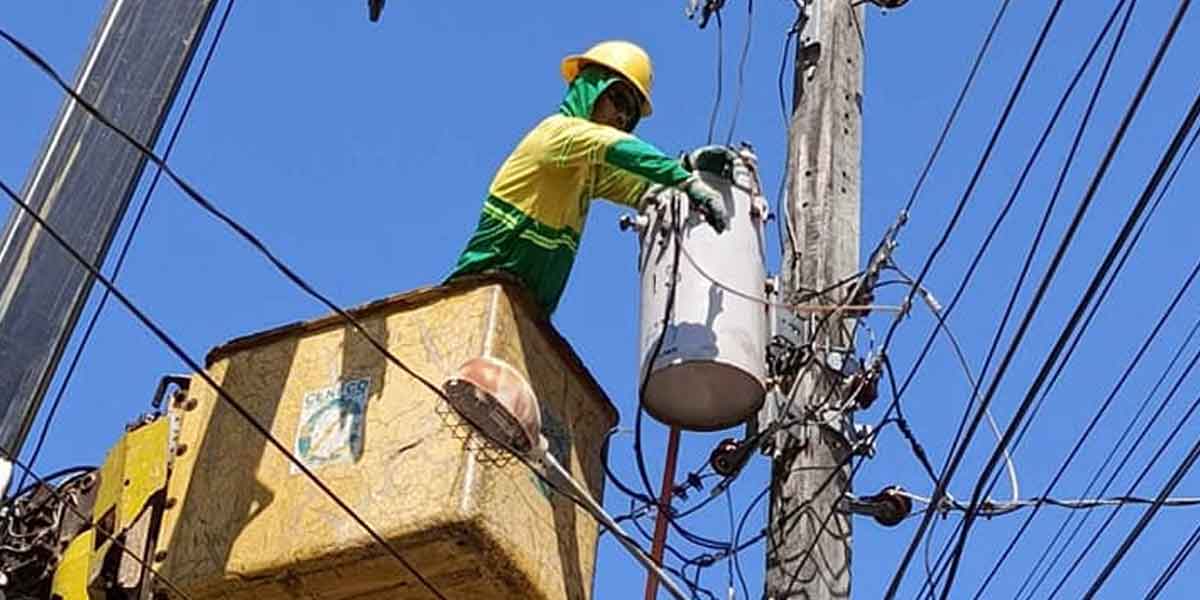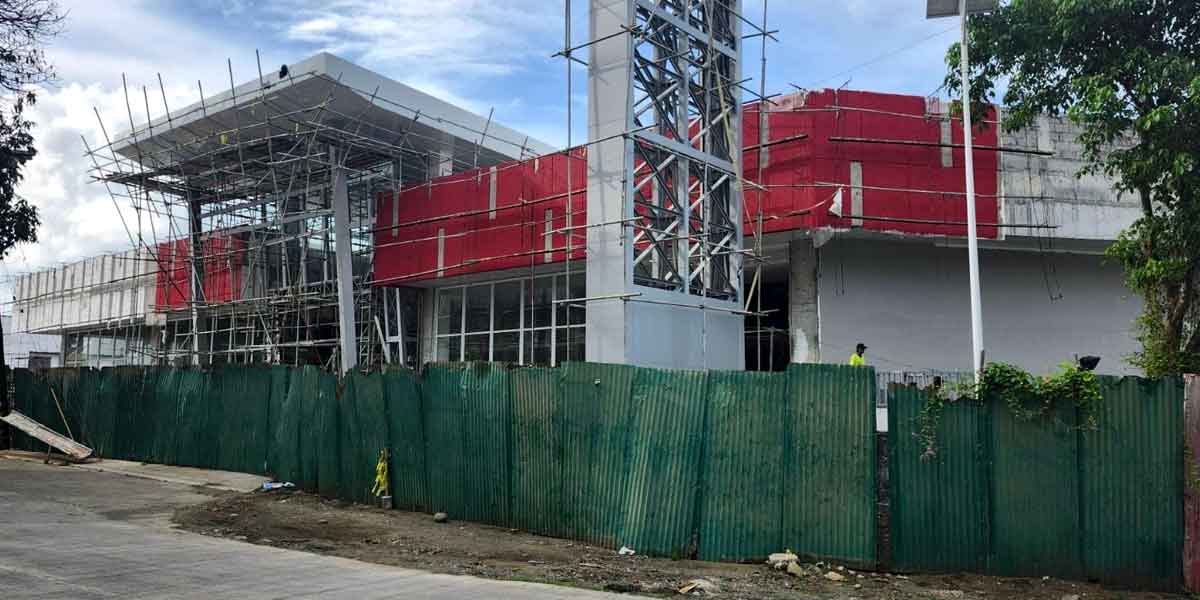By Dr. Herman M. Lagon
AS AN employee, manager, and proprietor for almost three decades in the private sphere, I was suddenly thrust into the world of government institutions, experiencing firsthand the bureaucratic red tape that plagues the country. From the countless papers to photocopy and accomplish to the multiple offices to visit for signatures and the unnecessary policies that make the entire process obsolete, outdated, and inefficient, it became clear that our bureaucratic system needs reform.
The sheer volume of paperwork required in government institutions contributes to the country’s carbon footprint. Millions of papers are wasted each year, resulting in detrimental environmental consequences. As we strive to become more environmentally conscious, witnessing such a massive waste of resources in the name of bureaucracy is disheartening. And this is still happening in the middle of the Fifth Industrial Revolution, where the concepts of “sustainability,” “human-centeredness,” and “concern for the environment” are being discussed in the context of Internet of Things or IoT, Artificial Intelligence or AI, data analytics, integrated online processes, digital innovations, robotics, smart automation, and many others. As we speak, the Sixth Revolution is already staring at our faces with quantum computing and nanotechnology.
Moreover, the bureaucratic processes are convoluted and time-consuming. Simple tasks often take excessive time and effort due to unnecessary bureaucratic hurdles. This hampers productivity and discourages individuals from engaging with government institutions. When procedures become overly complicated, citizens are less inclined to participate in civic activities, undermining the very essence of a democratic society.
Furthermore, the loopholes in our bureaucratic system provide avenues for corruption and misuse of public funds. Those in positions of power can exploit these loopholes to serve their interests, diverting public funds for personal gain. This systemic issue erodes public trust and perpetuates a culture of corruption within our government.
According to a report by the World Bank, the Philippines ranks 124th out of 190 countries in terms of ease of doing business. This abysmal ranking reflects the impact of bureaucracy on the country’s economic growth and attractiveness to foreign investors. Enterprises face significant challenges navigating the labyrinthine bureaucracy, leading many to opt for more business-friendly environments elsewhere.
The government established the Anti-Red Tape Authority (ARTA) under the Department of Trade and Industry to address these issues. ARTA aims to streamline government operations, re-engineer procedures, and digitize regulatory management systems. They have set maximum allowable timeframes for processing transactions and implemented punitive sanctions for non-compliance. These efforts are commendable steps towards a more efficient bureaucracy.
Additionally, ARTA’s introduction of the Citizens Charter is a positive development. The Citizens Charter serves as a guide for dealing with government agencies, providing transparency and clarity in bureaucratic processes. By clearly defining the required documents, responsible individuals, processing time, and fees, the Citizens Charter reduces opportunities for corruption and extortion while setting realistic expectations for citizens.
ARTA’s initiatives to digitize government processes, accept electronic documents and payments, and encourage data sharing among agencies are steps in the right direction. These measures promote efficiency, reduce redundancy, and eliminate unnecessary requirements. However, there is still much work to be done.
It is crucial to recognize that the problem with bureaucracy goes beyond individual politicians or government officials. It lies institutional within the system itself. By its very nature, the bureaucratic system consolidates power in the hands of a select few and lacks direct accountability to the will of the people. This detachment from public pressure hampers the realization of meaningful change and allows bureaucrats to operate with impunity.
To address the root causes of bureaucratic inefficiency, we are strongly invited to examine the structure and functioning of our government institutions critically. We are encouraged to advocate for systemic reforms that promote transparency, accountability, and citizen participation. We can only overcome the profoundly ingrained issues within our bureaucratic system through comprehensive and sustained efforts.
Enough is enough—no more tolerance for a wasteful, suffocating bureaucracy. Our environment suffers, progress is hindered, and democracy is stifled. It’s time to break free from corruption and convoluted processes. ARTA’s efforts are commendable, but we need a revolution rooted in the Fifth Revolution, digital innovation, and citizen-centricity. Let us demand transparency, accountability, and a people-serving bureaucracy. In our grassroots endeavor, let’s actively reshape, digitize, and dismantle the archaic practices to forge a fresh era of genuine public service.
***
Dr. Herman Lagon fondly describes himself as a ‘student of and for life’ who, like many others, aspires to a life-giving and why-driven world that is grounded in social justice. He is a professor of ISUFST, a student of USLS, a retiree of Ateneo, and an alumnus of UP, UI, and WVSU.





















